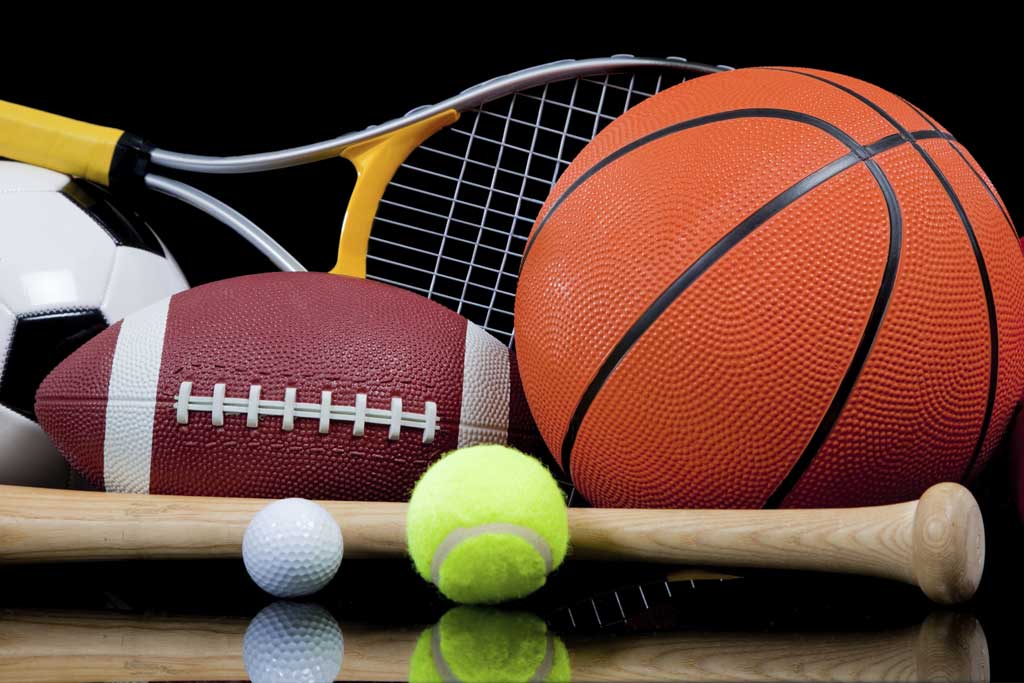ROBBINSVILLE – In the face of an intensifying, nationwide epidemic of prescription medication abuse, which has struck particularly hard among scholastic athletes, the New Jersey State Interscholastic Athletic Association (NJSIAA) Medical Advisory Committee has made multiple landmark recommendations.
Few, if any, high school level initiatives have ever taken such a comprehensive approach to the crisis.
The most frequently abused prescription medications are narcotic painkillers, such as Vicodin, Percocet, and OxyContin. According to the National Council on Alcoholism and Drug Dependence, 12 percent of male student athletes and 8 percent of female student athletes have been prescribed highly-addictive opioid class narcotics in the past 12 months. Separate studies show that 83 percent of all adolescents actually have unsupervised access to their own narcotics prescriptions.
“By recommending this list of specific protocols, the NJSIAA’s Medical Advisory Committee is intensifying the ongoing battle against prescription drug abuse,” said former Governor Richard Codey, New Jersey state senator. “With so many of our young people now at risk, it’s crucial that groups with the necessary connections and resources push hard to identify solutions.”
The Medical Advisory Committee, which includes representatives of NJSIAA member schools, as well as experts in the field of healthcare and medicine, recommends the following nine protocols related to scholastic athletes and opioid abuse:
Physicians should exercise extreme caution whenever considering opioid prescriptions for student-athletes.
In terms of prescriptions, the first option should be such non-narcotic alternatives as acetaminophen, non-steroidal anti-inflammatory medications, salicylates, and non-medication treatments like cryotherapy and transcutaneous electric nerve stimulation.
If opioids are prescribed, it should only be for acute injuries resulting in severe pain – and only for one week at a time, with no automatic refills.
All opioid prescriptions should be accompanied with detailed information on use, including specific warnings about abuse and addiction risks.
Opioid prescriptions should never be given directly to student-athletes, and should never be administered in an unsupervised manner.
Treating physicians and/or parents/guardians should notify the school nurse and/or athletic trainer about all opioid prescriptions.
Treating physicians should utilize a “contract” to establish boundaries and behaviors whenever prescribing opioids to student athletes.
Every school district needs to develop a specific, detailed policy addressing this issue.
School districts should implement drug monitoring programs with an emphasis on identifying students who seem to exhibit signs of opioid abuse.
“When it comes to our nation’s young people, this is about as serious as a problem can get,” explains Steve Timko, executive director of the NJSIAA, the organization that oversees scholastic sports across New Jersey. “Lives are being ruined and in many cases ended at an unprecedented rate. As an organization dedicated to the well-being of student-athletes, the NJSIAA is taking a proactive role in addressing what amounts to an outright crisis.”
The advisory committee plans to reach out to potential coalition partners – including medical societies, pharmacy groups, education associations, law enforcement organizations and others to gain access to additional thought-leaders, while also broadening support for its protocols.
“Studies indicate that about 80 percent of heroin users started out by abusing narcotic painkillers,” says advisory committee chair John P. Kripsak, D.O. “That statistic makes it frighteningly clear what the stakes are in this battle. It’s an emergency now, and there’s no doubt we need to implement new strategies in our schools to turn the tide.”
Additional details on the prescription drug epidemic are available online at www.state.nj.us/sci/pdf/PillsReport.pdf
About the NJSIAA – Established in 1918, the New Jersey State Interscholastic Athletic Association (NJSIAA) is a voluntary, non-profit organization comprised of 431 accredited public, private, and parochial high schools. A member of the National Federation of State High School Associations, the NJSIAA conducts tournaments and crowns champions in 32 sports.

